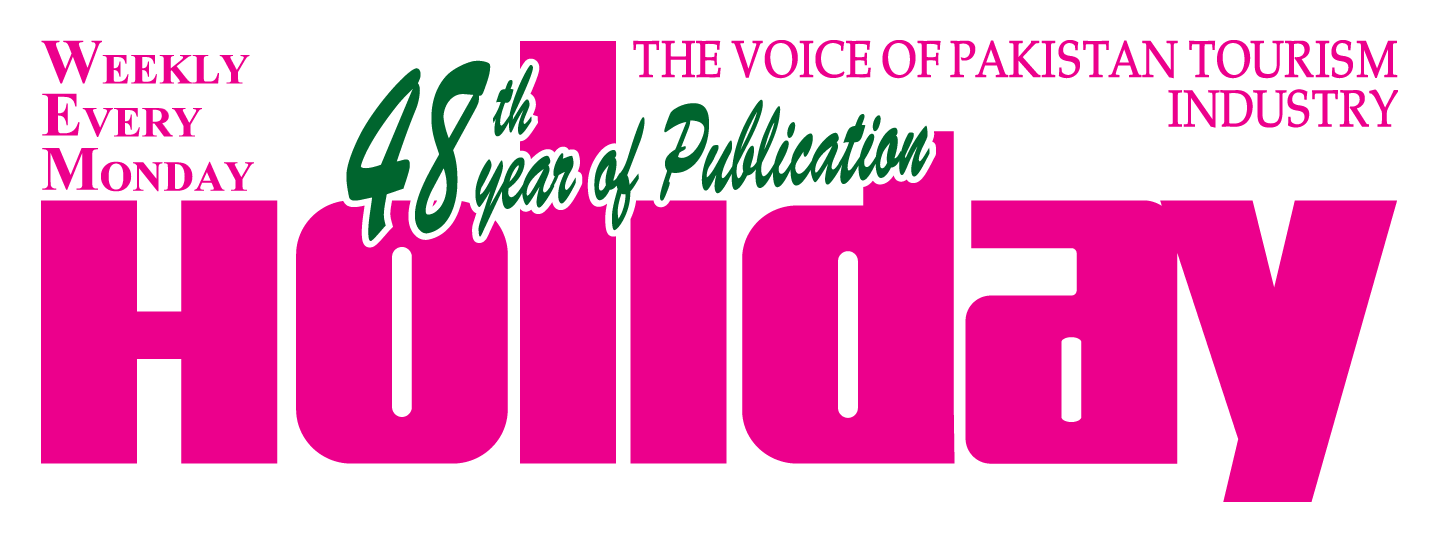HONG KONG: Empty hotel rooms, struggling shops and even disruption at Disneyland, months of protests in Hong Kong have taken a major toll on the city’s economy, with no end in sight.
City leader Carrie Lam has warned that the international financial hub is facing an economic crisis worse than either the 2003 SARS outbreak that paralysed Hong Kong or the 2008 financial crisis.
“The situation this time is more severe,” she said. “In other words, the economic recovery will take a very long time.”
The private sector, in particular the tourism industry, has begun counting the cost of more than two months of demonstrations that erupted in opposition to a Bill allowing extraditions to China but have morphed into a broader movement.
The figures are stark: Hotel occupancy rates are down “double-digit” percentages, as were visitor arrivals in July. Group tour bookings from the short-haul market have plunged up to 50 per cent.
“In recent months, what has happened in Hong Kong has indeed put local people’s livelihoods as well as the economy in a worrying, or even dangerous situation,” warned Edward Yau, Hong Kong’s secretary for commerce and economic development.
“I think the situation is getting more and more serious,” said Jason Wong, Chairman of the Travel Industry Council of Hong Kong.
The impact is so bad that travel agents are considering putting staff on unpaid leave as they try to weather the storm, he warned.
Images of increasingly violent clashes between masked protesters and police firing tear gas in the city’s streets have made global headlines, with protesters announcing new demonstrations throughout August as they press their demands.
A Hong Kong Tourism Board spokesperson told that the number of forward bookings in August and September has “dropped significantly”, suggesting the economic toll will linger throughout the summer season.
A string of travel warnings issued by countries including the United States, Australia and Japan is likely to compound the industry’s woes.
The fall in arrivals has hurt Hong Kong’s carrier Cathay Pacific, which was also forced to cancel flights this week during a general strike that caused chaos in the city.
Experts say the crisis is compounding the economic downturn Hong Kong was already experiencing as a result of being caught up in the US-China trade war.
The property market, which fell more than 20 per cent during the 2008 financial crash, remains strong.But Innes warned that the deepening crisis could result in capital outflows.
The impact of the protests on growth will not be clear until later in the year, but Martin Rasmussen, China Economist at Capital Economics, said the crisis was likely to weigh heavily.
“In the beginning they were quite peaceful, you could say comparable to the protests back in 2014,” he said, referring to the city’s Umbrella Movement.
“Now they’ve become much more extreme, so we think the impact on the economy will begin to take its toll.”
